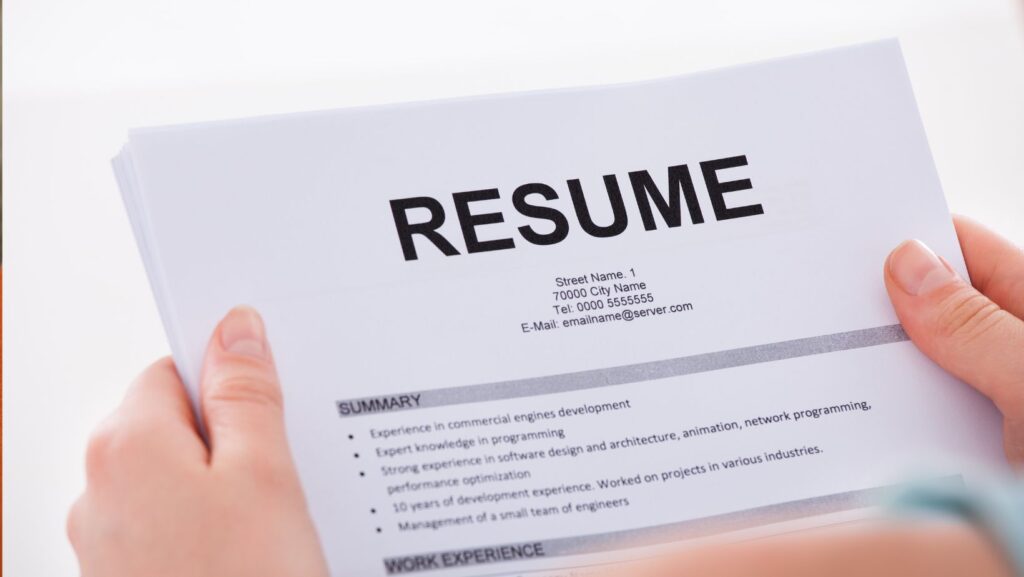In the competitive field of nursing, having a standout resume is more crucial than ever. It’s not just about listing your qualifications and experiences, it’s about showcasing your unique skills and passion. In this comprehensive guide, I’ll reveal the secrets of crafting an exceptional nurse resume.
Whether you’re a seasoned nurse looking to make a career move, or a recent graduate stepping into the professional world, this guide is for you. I’ll walk you through the essentials of a powerful resume, helping you to highlight your strengths and stand out from the crowd. Let’s dive in and start building your future in nursing.
Understanding the Importance of a Strong Nurse Resume
A strong, standout nurse resume is not just a piece of paper; it is a vital tool in setting the professional journey on the right route. It serves as a reflection of a nurse’s professional journey and competency, making it vital to devote considerable thought, time, and effort into crafting one.
Why Your Resume Matters in Nursing
In the uniquely competitive nursing environment, your resume speaks volumes about your abilities. A stellar nurse resume offers potential employers a glimpse into your skills set, training, and experience. It’s not just about painting an accurate picture of your professional journey. Your resume also highlights your passion, dedication, and commitment to patient care. Crafting it proficiently could be the deciding factor that tilts the scale in your favor during job shortlisting.
The Impact of First Impressions
First impressions carry significant weight in the hiring process. Your nurse resume is typically the initial contact point with your prospective employer. In essence, it’s usually their first glimpse into your nursing career. An exceptional nurse resume convinces employers of your capacity to deliver quality nursing care, even before an in-person interview. It anchors a first impression that is not just positive, but also memorable. That’s why investing time and effort to make that first impression impressive is of vital significance.
Key Components of an Exceptional Nurse Resume
In crafting a stellar nurse resume, it’s vital to include specific components that highlight your unique competencies and professional values in nursing. These elements serve as markers of your individuality and commitment to excellence in the field of nursing.
Contact Information and Credentials
The first element on your nurse resume represents your contact information and credentials. It’s part of creating a strong first impression, letting prospective employers know who you are and validating your nursing capabilities.

Ensure to include in the list:
- Full name
- Address: It is typical for nurses to include their city and state, however, it is not crucial to incorporate the full address.
- Professional E-mail Address: This provides employers a direct line of communication. As a rule, the email address must look professional, ideally containing your full name.
Analyze your credentials and make sure all licenses, certifications, and registrations are present. These details remind employers of your qualifications in nursing, communicating your preparedness for the position.
Professional Experience and Specializations
Listing your professional experience and specializations next can be effective. This section spotlights your practical experience and expanded knowledge in specific areas of the nursing practice.
It’s best to:
- Present your nursing experiences in reverse chronological order. Begin with your most recent job and work your way backward.

- Indicate the name of the facility, its location, your role, and the length of your service.
- Specify any specializations. This includes specialized trainings or certifications such as geriatric nursing, pediatric nursing, ICU training, etc. These specifics help build a detailed profile that showcases your expertise in various aspects of nursing.
Education and Continuing Training
Education and continuing training reflect your foundational knowledge and commitment to lifelong learning — a critical quality for a nurse.
Here’s what you include:
- Detail your nursing degrees, such as BSN, MSN, etc., starting with the highest level earned.
- Indicate the full name of the institution, its location, and graduation dates.
- Include any additional trainings or continuing education. If you completed additional courses such as advanced cardiac life support or pain management classes, list them down in this section.
Crafting a unique nurse resume involves meticulous curating and presenting of key information. By incorporating these integral components, you form a comprehensive picture of your nursing capabilities, ready for potential employers to appreciate.



